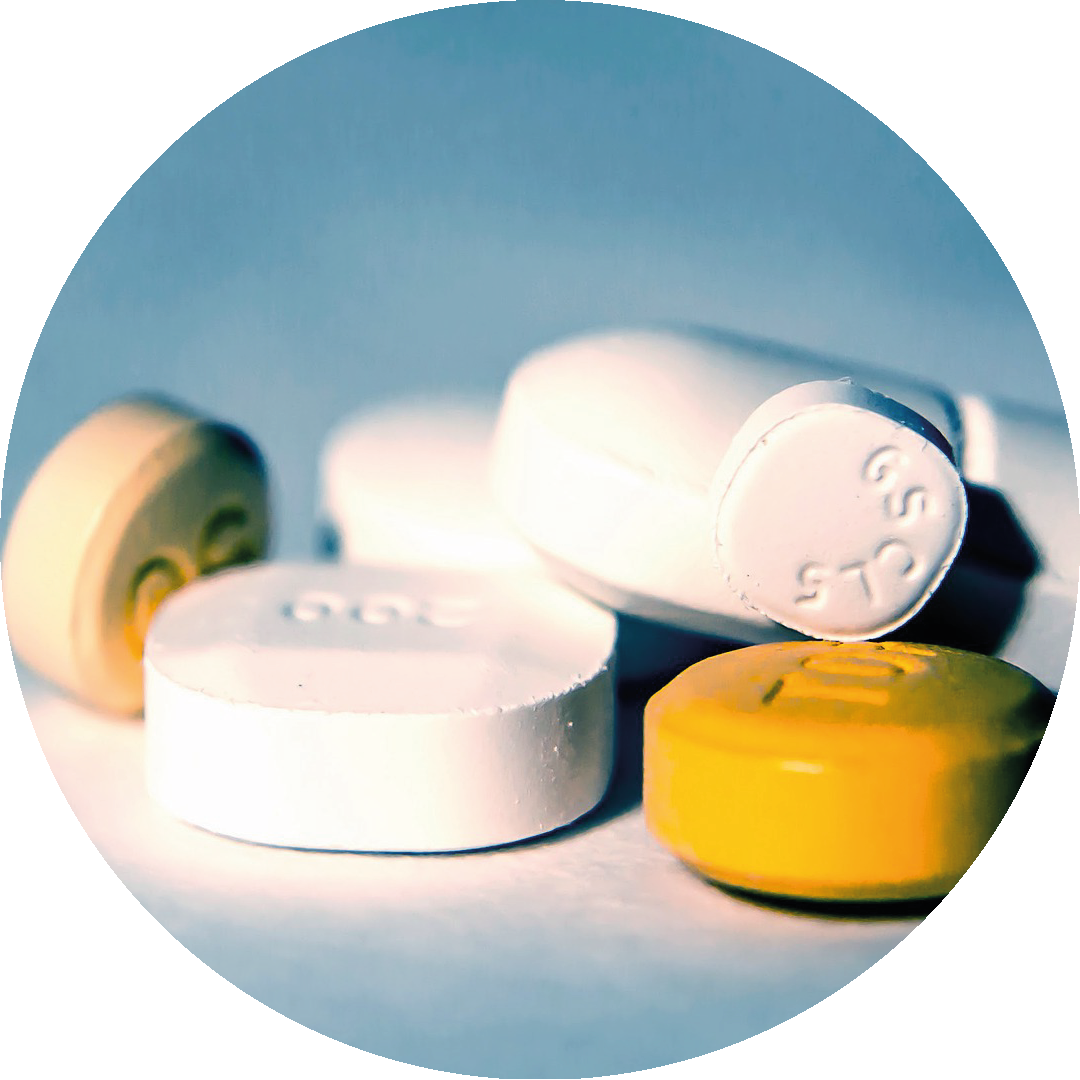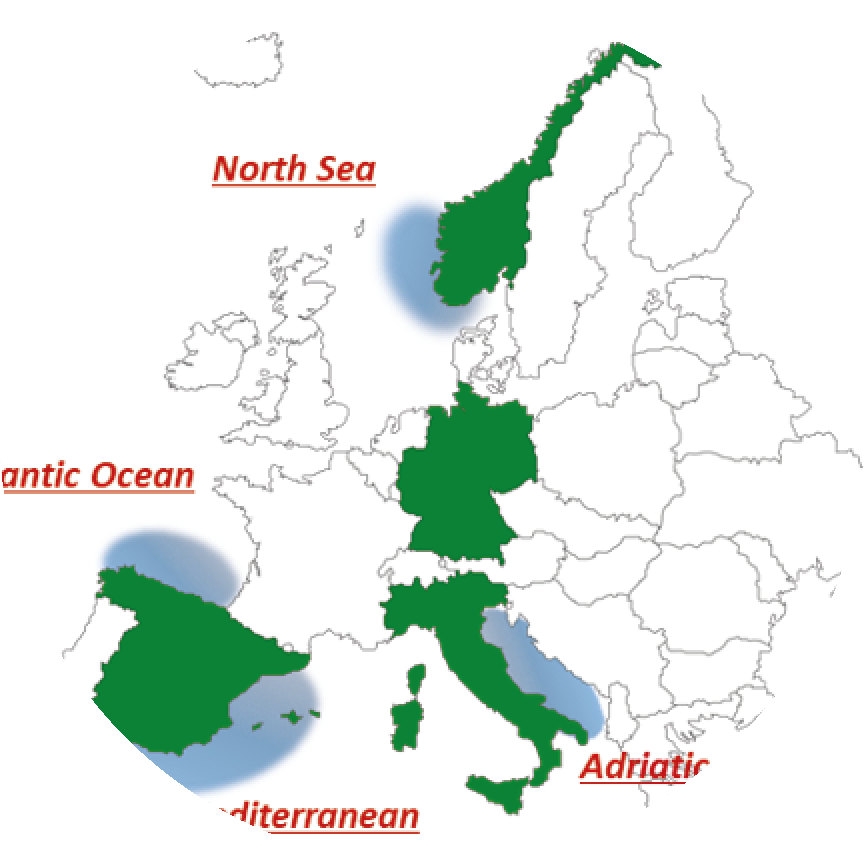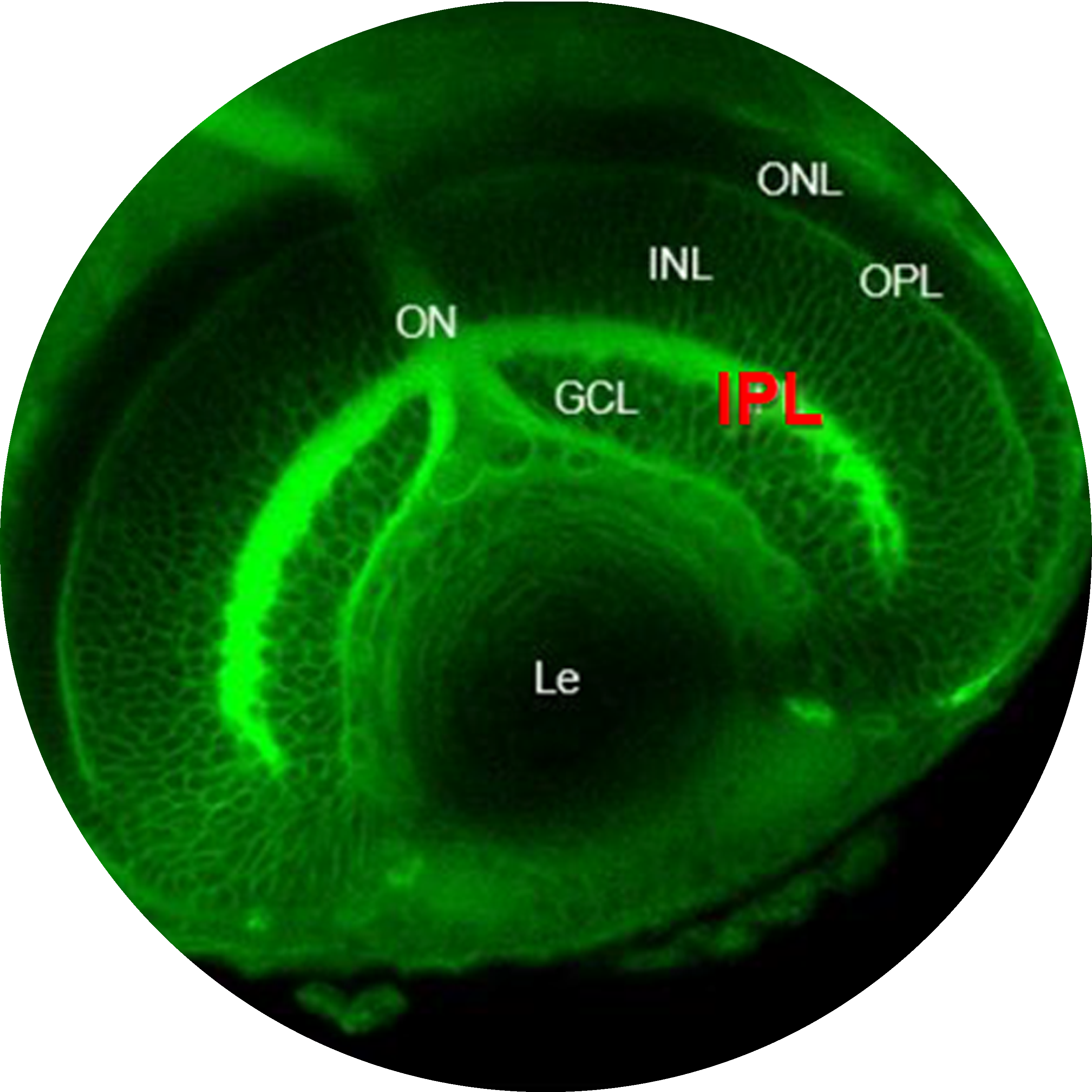PHARMASEA at PhD week organized by Polytechnic University of Marche
Also this year PHARMASEA activities were presented at PhD week organized by the Department of Life and Environmental Sciences of UNIVPM.









The occurrence of Active Pharmaceutical Ingredients (APIs) is extensively documented in aquatic ecosystems worldwide.
PHARMASEA — Presence, behavior and risk assessment of pharmaceuticals in marine ecosystems — is a European research project that integrates international expertise to answer key research questions on fate and biological effects of active pharmaceutical ingredients (APIs), well recognized contaminants of emerging concern (CECs) for marine ecosystems. PHARMASEA is founded by 2020 AquaticPollutants Joint call of the AquaticPollutants ERA-NET Cofund (GA Nº 869178). This ERA-NET is an integral part of the activities developed by the Water, Oceans and AMR JPIs.
Also this year PHARMASEA activities were presented at PhD week organized by the Department of Life and Environmental Sciences of UNIVPM.
Such an exciting week for the PHARMASEA Consortium attending the XXII International Symposium on Pollutants Responses in Marine Organisms in Nantes
The PHARMASEA-related results were presented at SETAC Congress in Seville as oral presentation and three posters
At Setac 2024 PHARMASEA presents toxicity results for psychotropic and cardiovascular drugs in zebrafish embryos.
How pharmaceuticals affect the macromolecular composition of mussels has been published with Spring Nature in Scientific Reports
The role of PharmaSea research activities toward a cleaner and healthier future for our aquatic ecosystems!
A journey toward the environmental sustainability of pharmaceuticals has started thanks to the collaboration between PharmaSea and Angelini Pharma
A great opportunity for UNIVPM team to present PHARMASEA research
The local event allowed the UNIVPM team to disseminate PHARMASEA’s activities
Studying the impact of antidepressants on zebrafish embryo locomotion using a visual-motor response assay
The occurrence of pharmaceuticals has been confirmed in floating plastics from two coastal areas and published in Science of the Total Environment
In cooperation with the Universidade da Coruña, the University of Heidelberg investigates internal drug concentrations in zebrafish embryos
The bioaccumulation of citalopram and bezafibrate in mussels have been characterized and recently published in Journal of Hazardous Materials
Mid-term evaluation by Aquatic-Pollutants ERANET: “Progress of the scientific activities and dissemination of results are impressive. PHARMASEA project will already be making a difference”
In the XXVII edition of the “Ciencia na Rúa” the UDC team explains to citizens the problems associated with the presence of pharmaceuticals in the sea.
The distribution and bioaccumulation of pharmaceuticals have been characterized in seawater, sediment and biota from the Mar Menor lagoon and recently published in Environmental Research.
The PHARMASEA team attended the Society of Environmental Toxicology and Chemistry (SETAC) EUROPE 33rd annual meeting (Dublin) with several platform and poster presentations
The effects of pharmaceuticals and their mixtures were investigated in three different fish cell lines
First PHARMASEA paper published in 2023 in the scientific journal “Science of the Total Environment” talks about mechanistic evidence of carbamazepine and valsartan effects on the Mediterranean mussels
Precision-Cut Tissues Slices (PTCS) from the digestive gland of mussels: innovative experimental approach to investigate the APIs mechanisms of actions.
Four pharmaceuticals and their mixture were tested on mussels to evaluate their bioaccumulation and biological effects
The PharmaSea Consortium met to discuss activities and results related to the first year of project activities.
The first in-person PharmaSea annual meeting will be held in Ancona, (Italy) on November 23-25th
Neuromasts in zebrafish embryos (Danio rerio) are in direct contact with their environment and can therefore be affected by neurotoxic substances
The PHARMASEA team returns to the European Researchers Night 2022 to talk about sustainability
PHARMASEA participated to first Workshop SETAC Italian Language Branch
The bioaccumulation of two pharmaceuticals in mussels and their biological effects at controlled conditions were characterized
The PharmaSea project has turned one year old: a good opportunity to celebrate together our achievements
The team of University of Heidelberg investigated the activity of Cytochrome P450 enzymes in zebrafish (Danio rerio) embryos with the 7-methoxycoumarin-O-demethylase (MCOD) assay
PHARMASEA participated to Moby Litter III: an event that combines research, sustainability and economy
Coiling is a well-preserved behaviour of zebrafish embryos. Since it follows a certain pattern, it can be used to detect changes caused by stressors.
Such an exciting week for the PharmaSea Consortium attending the 21st International Symposium on Pollutants Responses in Marine Organisms in Gothenburg
PharmaSea Consortium attended the 32nd Annual Meeting of the Society of Environmental Toxicology and Chemistry (SETAC) in Copenhagen.
Sampling activities for the UNIVPM team have begun: three areas characterized by different environmental and anthropogenic pressures in the Northern, Central and Southern Adriatic Sea have been selected
The PHARMASEA Consortium gathered for the first virtual kick-off meeting to discuss the aims of various Work Packages, the time plan of scheduled activities, the general structure and internal organization of the project
SHARPER Night 2021: an opportunity for researchers of UNIVPM team to raise general public’s awareness on the issue of pharmaceuticals as environmental pollutants
PHARMASEA was mentioned in the International Council for the Exploration of the Sea (ICES) working group on Biological Effects of Contaminants
API consumption of human and veterinary medicines and improper disposal at domestic sites are among the major causes for the release of pharmaceuticals into aquatic environments. Main sources of contamination include wastewater treatment plants, industrial and hospital discharges, aquaculture facilities, animal farming and runoff from soils.
To date, almost 300 different active principles from different therapeutic classes such as steroid hormones, antibiotics, non-steroidal anti- inflammatory drugs, antidepressants, antihypertensives and antiepileptics have extensively been measured in seawater with concentrations ranging from a few ng/L to hundreds of μg/L.
Sources: Mezzelani et al. 2020; Mezzelani and Regoli 2022; Moreno-González et al. 2016.
based on field sampling activities on a wide geographical range across European Sea, including the Adriatic Sea, the Western Mediterranean Sea, the Atlantic Ocean and the North Sea
Will mostly be devoted to investigate, under controlled and ecologically relevant experimental conditions, the uptake, bioaccumulation, biotransformation and excretion kinetics of APIs as well as ecotoxicological adverse effects in aquatic, non-target model species
A quantitative Weight of Evidence model will be applied to integrate various lines of evidence obtained in PHARMASEA work packages, which will allow for a better assessment of biological effects and ecological risk of APIs in the marine environment
Will disseminate project activities and results to different typologies of audiences, ranging from expert scientists, political decision-makers, pharmaceutical industries, citizenships and students. Beside the inclusion in the Advisory Board
Aims to ensure both the achievements of PHARMASEA objectives within the budget and scheduled timescales, and robust management of the data generated according to European Commission’s guidelines
View full packages…
| Cookie | Duration | Description |
|---|---|---|
| cookielawinfo-checkbox-analytics | 11 months | This cookie is set by GDPR Cookie Consent plugin. The cookie is used to store the user consent for the cookies in the category "Analytics". |
| cookielawinfo-checkbox-functional | 11 months | The cookie is set by GDPR cookie consent to record the user consent for the cookies in the category "Functional". |
| cookielawinfo-checkbox-necessary | 11 months | This cookie is set by GDPR Cookie Consent plugin. The cookies is used to store the user consent for the cookies in the category "Necessary". |
| cookielawinfo-checkbox-others | 11 months | This cookie is set by GDPR Cookie Consent plugin. The cookie is used to store the user consent for the cookies in the category "Other. |
| cookielawinfo-checkbox-performance | 11 months | This cookie is set by GDPR Cookie Consent plugin. The cookie is used to store the user consent for the cookies in the category "Performance". |
| viewed_cookie_policy | 11 months | The cookie is set by the GDPR Cookie Consent plugin and is used to store whether or not user has consented to the use of cookies. It does not store any personal data. |